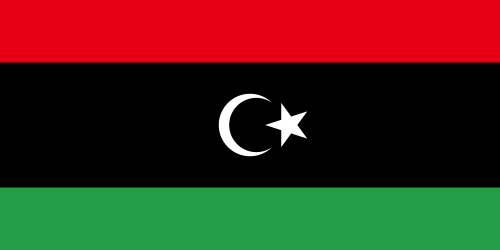Libyan authorities have announced in recent days that all foreign visitors to the country must have a visa, something which was not previously required for travellers from countries such as Tunisia, Turkey and Jordan. Additionally, only Egyptians and Libyans are to be allowed to use the border crossing at Musaid.
While the intention is ostensibly to clamp down on illegal immigration, there is speculation that this is also part of a general attempt to tighten border security; following the terrorist attacks in the region, this is to be applauded.
But a further requirement for companies to satisfy the Interior Ministry that any foreign workers are really needed is clearly not related to security, and has the faint whiff of protectionism and bureaucracy.
Of course it remains to be seen how this will be handled in practice, but any attempt to restrict the flow of talent and manpower into the country will be viewed as a negative by the companies that are considering investing in Libya.
BP's decision to review its Libyan plans is a cause for concern, and is driven by worries about security rather than bureaucracy. However, in its attempts to provide a safe environment for all, government must be careful not to scare away the resources that it will need to develop the country.
These are difficult judgement calls for any government.





